#philoctetes
Text
my uni staged philoctetes and one of the best choices was to have odysseus walk in with a cigarette through the entrance directly beneath the "no smoking" sign
#gaia's life#by me#odysseus#philoctetes#the odyssey#greek mythology#classics#sophocles#tagamemnon#myth
1K notes
·
View notes
Text

François-Xavier Fabre ( 1766 – 1837)
Philoctetes.
224 notes
·
View notes
Text

Hercules Burning Himself on the Pyre in the Presence of His Friend Philoctetes, Ivan Akimov, 1782
#art#art history#Ivan Akimov#classical mythology#Greek mythology#mythological painting#Hercules#Heracles#Herakles#Philoctetes#Neoclassicism#Neoclassical art#Russian art#18th century art#oil on canvas#Academy of Fine Arts St. Petersburg
195 notes
·
View notes
Text

Philoctetes on the Island of Lemnos by Pierre-Henri de Valenciennes
#pierre henri de valenciennes#art#philoctetes#island#isle#lemnos#greek mythology#ancient greece#wound#foot#ancient greek#homer#the iliad#iliad#trojan war#archer#greek#greece#exile#europe#european#mediterranean#history#hero#little iliad#diomedes
67 notes
·
View notes
Text
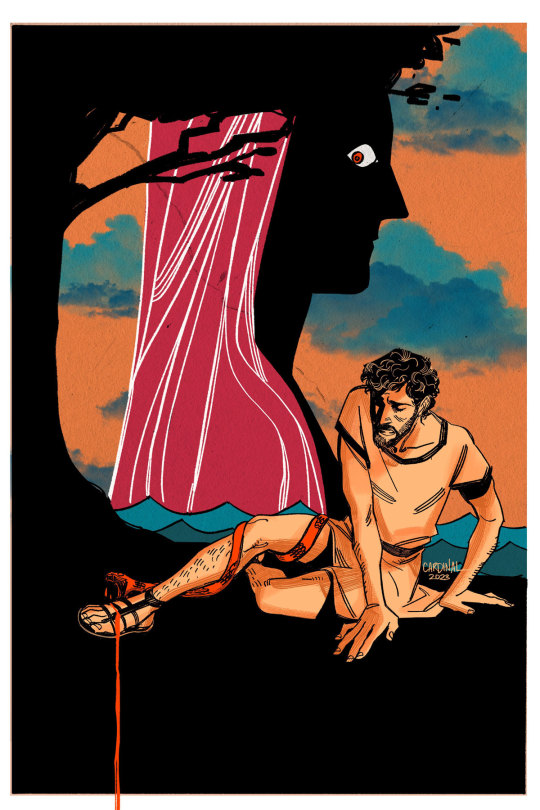
When Philoctetes, son of Poeas and Demonassa, was on the island of Lemnos, a snake struck his foot. Juno had sent it, angry with him because he alone rather than the others had dared to build the funeral pyre of Hercules when his human body was consumed and he was raised to immortality.
Hyginus, Fabulae, 102
the repeating cycles of it all, and also the. the everything about Sophokles' Philoctetes. wounds. abandonment. the fucking isolation and misery of it all.

Introduction to Sophocles' Philoctetes, Diskin Clay, trans. Carl Phillips
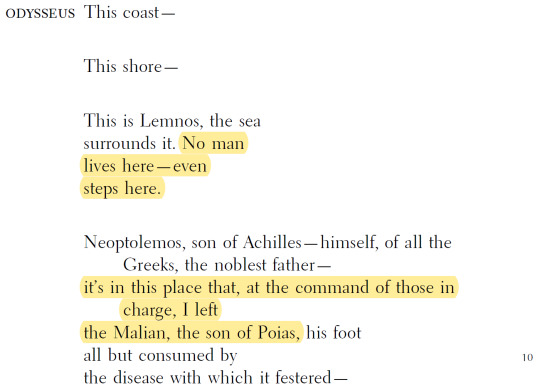
and this too, from a conversation between Philoctetes and Neoptolemos
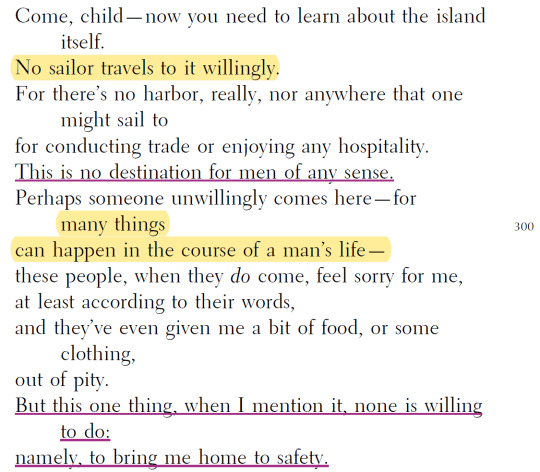
Sophocles' Philoctetes, trans. Carl Phillips
society6 | ko-fi | twitter (pillowfort, cohost) | deviantart
#there's a line in the intro about how claustrophobia is intimacy at too high a pitch that i have been thinking abt non stop#like oh my god jesus christ fucking hell#philoctetes#like hera is here but who cares about that#it's all greek to me#drawing tag
421 notes
·
View notes
Text
I just saw this awesome post about including mobility aids in fantasy writing, and I do not want to create a tangent but I *do* want to share some things I learned about disability in ancient Greece when I was researching that paper I wrote on the Philoctetes, so I am making my own post.
Philoctetes is a mythical figure who was one of the Greek heroes going to the Trojan war. Before they got there, he suffered a wound in the foot which would not heal. The other Greek leaders were unwilling to have the noise of his screams and the stench of the infected wound in their camp, so they abandoned him on a deserted island with only his famous weapon, the Bow of Heracles. He survived there for ten years. Now the war is almost over, Troy has almost fallen, but the Greeks have heard a prophecy: they cannot win until they have the Bow of Heracles. So wily Odysseus and young Neoptolemus (the son of the recently dead Achilles) go to the island where Philoctetes is still living, still dealing with his injury. Philoctetes is eager to escape the island, but can he trust the community that abandoned him ten years ago? Can they ever make right what they did to him?
Now that’s the type of story that someone might very well point to who was arguing that disabled people have to be neglected and excluded in a “historically accurate” story. And it’s definitely not an example of casual inclusion. But what that person would be missing is that Philoctetes’ abandonment and isolation in this play was intended to be shocking to its Athenian audience. The audience is invited to identify with Philoctetes and to be horrified at how he does not receive the support from his community that real-world people with similar disabilities did receive, as we can tell from both textual and archaeological evidence.
Martha L. Rose’s book The Staff of Oedipus: Transforming Disability in Ancient Greece emphasizes this. Look, here’s what I wrote in my paper, why should I rewrite it:
Rose approaches her material “though the lens of disability studies, which approaches the phenomenon of disability by assuming that there is nothing inherently wrong with the disabled body and that the reaction of a society to the disabled body is neither predictable nor immutable” (1). In other words, it is necessary to see what attitudes and assumptions about disabilities are actually recorded, rather than projecting any of our own assumptions. ...
Also unlike today, Greek concepts of disability were not medicalized. “Permanent physical disability,” writes Rose, “was not the concern of doctors in antiquity beyond recognition of incurability” (11). This does not mean that disabled people had no resources or were simply left to perish, of course. Rather, they were often cared for within their households and their communities (28), which means that both Philoctetes’ abandonment and isolation form a shocking exception to the norm. The importance of community support suggests that Philoctetes’ joy at being reunited with humanity comes from practical as well as emotional needs. At the same time, the wide range of tasks and trades in the Greek economy meant that many disabled people were far from economically dependent (think of [the god] Hephaestus the lame smith), so that “[a] physically handicapped person earning a living would not have been a remarkable sight” (39). People unable to walk at all rode donkeys or were carried in litters, while those who walked with difficulty used a staff or a crutch (24-26).
So for writers: the ancient Greeks didn’t invent the wheelchair--but they had the wheel technology (I suspect the issue may have been with roads and pavements instead), so your Greek-inspired fantasy world totally can (which was the point of that earlier post). Or maybe your protagonist goes on their adventures with a faithful donkey sidekick that helps them get around. Maybe they are respected for their skill in a craft, making their home and workshop a lively meeting-place for customers. If you’re writing fantasy, you could be inspired by one of the myths of Hephaestus, in which he creates metal automatons--basically, magic robots--that not only support him as he walks, they also act as assistants in his workshop!
Anyway, the point of this post is basically just that I agree with the other post about including mobility aids in fantasy and I had some relevant knowledge in the back of my head. And also that you should read the Philoctetes. Look, here’s a recent free modern English verse translation: https://johnstoniatexts.x10host.com/sophocles/philocteteshtml.html
Oh, and if you would like to see my term paper or the relevant section from The Staff of Oedipus, message me, I will share them.
#philoctetes#writing#I should add that Rose also has information about things like blindness and deafness in her book#I just happened to be writing a paper about mobility
418 notes
·
View notes
Text
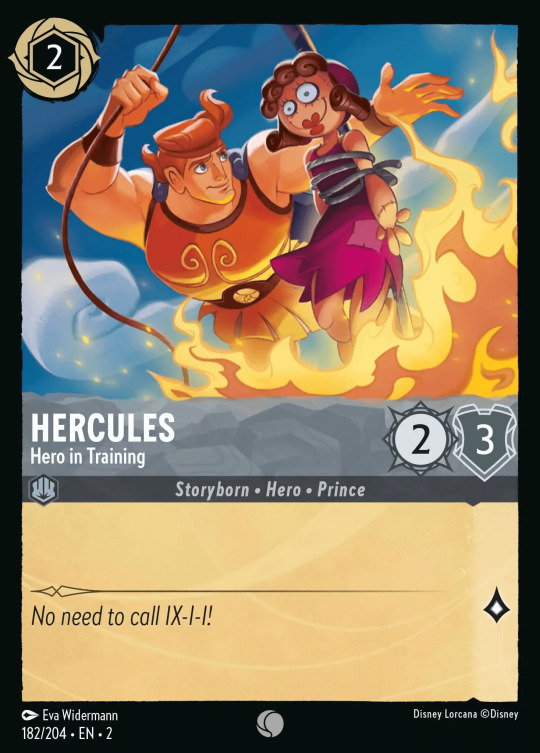
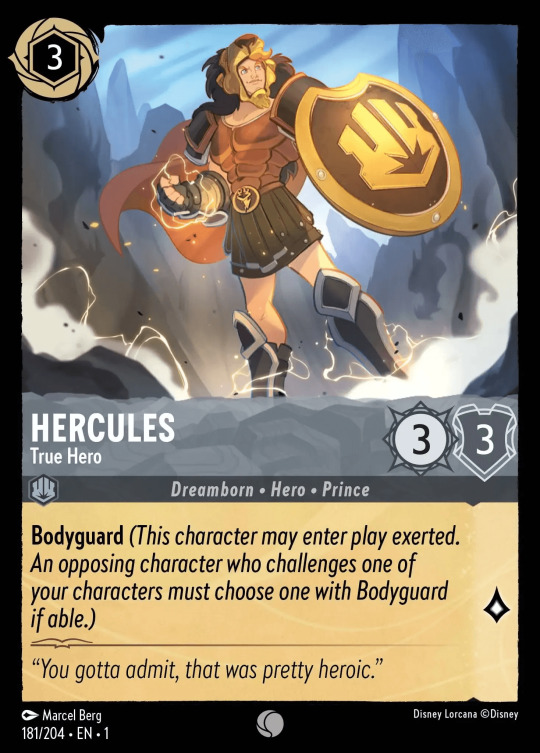


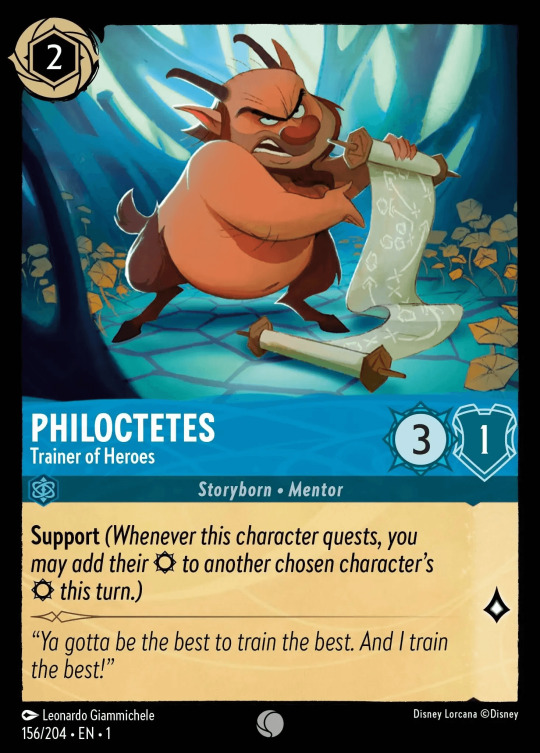

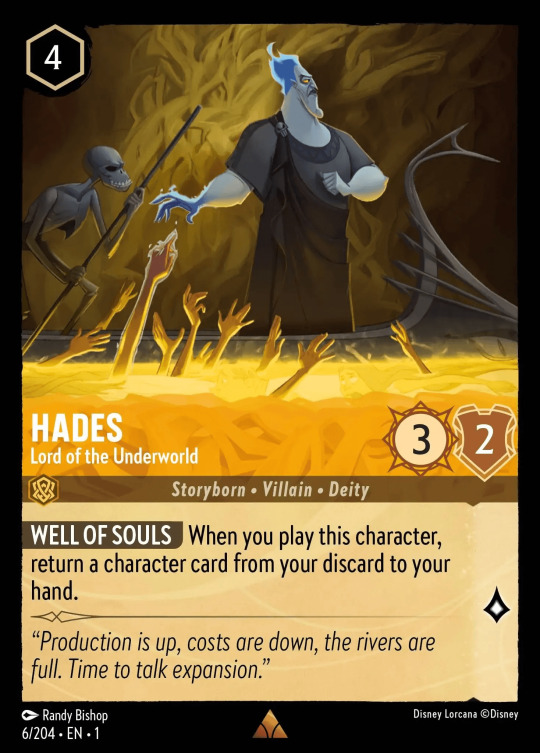

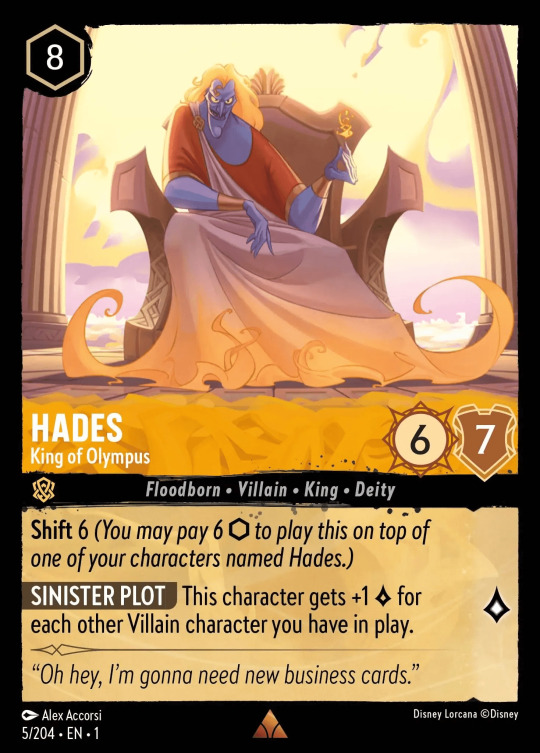



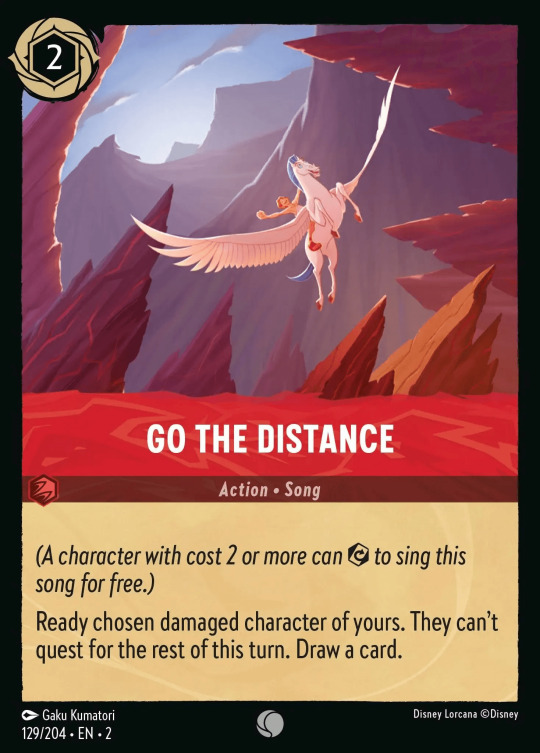
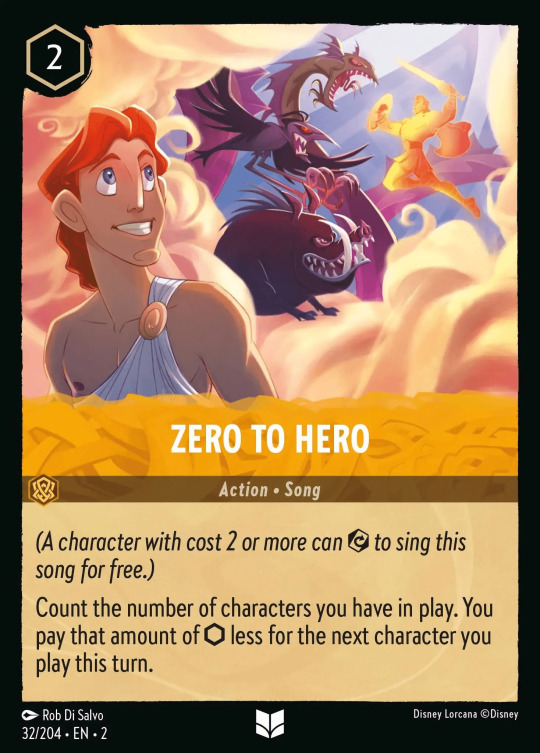

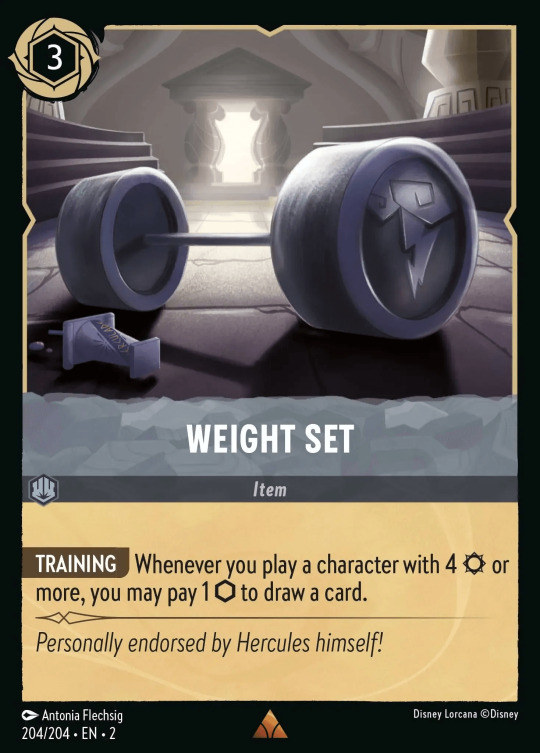
All Disney Lorcana cards featuring characters from "Hercules" so far.
#🌠#Disney#Disney Lorcana#Hercules 1997#Official Art#Hercules#Megara#Philoctetes#Zeus#Hades#Pain#Panic#Cerberus
135 notes
·
View notes
Text






Jason Isaacs as Odysseus in Theater of War: Philoctetes (10th January 2023)
#jason isaacs#jasonisaacsedit#theater of war#philoctetes#odysseus#mygifs#jason with glasses + beard ohhhh hh hh h hhh#worth a watch if u haven't seen it before!!! he's so good
54 notes
·
View notes
Note
Kairi as the protagonist is something I've always wanted to see. You materializing that concept into a comic gives me so much joy! Thank you for creating those illustrations, I love them very much! Your style is incredible and brings so much whimsy and nostalgia to me. It's really wonderful! I hope you have a great day/week/month/year/however much greatness you need!
Thank you and thank you so much for the well wishes! It really means alot to me! I'm so happy that these drawings bring you joy--I love doing them so I'm so grateful that you like them too :)!
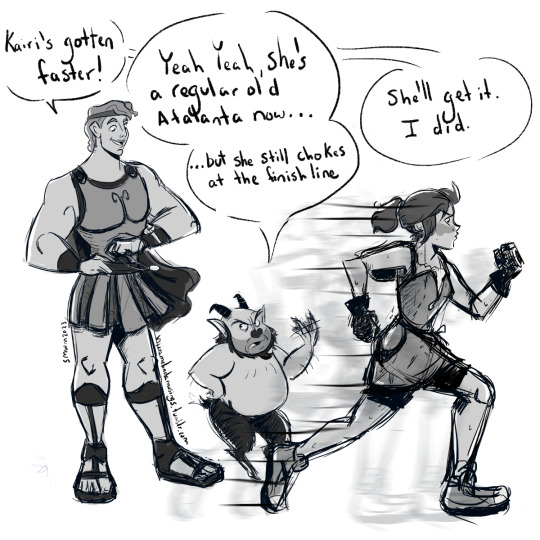
#protag kairi au#kairi#kingdom hearts#hercules disney#philoctetes#hercules#kh#kh2#kairi as protag au#kingdom hearts 2#kingdom hearts series#my art#my fanart#digital art#asks#ask#it's so tiny but Herc has a sundial watch and is holding Kairi's necklace for her while she trains#thank you so much for the ask :)!#I'm so touched by them!#I've been dreaming up Kairi Adventures ever since I first played KH as a child and it's been so wonderful to share it with people :)
139 notes
·
View notes
Text
Life of Paris (Alexander)
1231 (age 0)
Queen Hecabe of Troy dreams that she is about to give birth to a flaming torch that sets her city aflame. Aesacus, son of Priam by his previous wife, interprets the dream and declares the child will bring the downfall of Troy. On the day of Paris's birth, Aesacus further prophetizes that any royal child born that day would have to be killed to save Troy. Paris is born that same day before nightfall. Priam spares the child, unable to kill his own son. Herophile, priestess of Apollo, insists the child must be killed. Priam asks his chief herdsman Agelaus to kill Paris. Agelaus cannot kill the child and exposes him on Mount Ida, where he is suckled by a female bear. Five days later, Agelaus finds Paris alive and adopts him and tells Priam the child is dead.
1216 (age 15)
Paris routs a gang of cattle thieves and returns the stolen animals to the herd, thus earning the nickname Alexander. Soon afterwards, Paris becomes the lover of Oenone, daughter of the river god Cebren and oread nymph of Mount Ida.
1214 (age 17)
Paris and Oenone get married.
1212 (age 19)
birth of their son Corythus on Mount Ida.
1211 (age 20)
Paris starts organizing bull fights on Mount Ida, which he wins almost every time.
1209 (age 22)
Paris offers a golden crown as a prize for his next bull fight. Ares chooses to participate, transforms into a bull and wins the contest. Paris gives the crown to Ares without hesitation, the honesty of which catches Zeus's attention and leads him to decide that Paris will award the golden apple he has been keeping since the marriage of Thetis and Peleus to the fairest goddess. Judgment of Paris: Paris attributes the golden apple to Aphrodite, earning Hera's and Athena's enmity, but winning the promise of Helen's love, most beautiful of all mortal women.
1208 (age 23)
To atone for the supposed murder of his own son, Priam has been organizing expiatory games. Paris's favorite bull is taken to be the prize of this year's games. He decides to participate to win it back. Paris wins all the games, which angers his brother Deiphobus, but his sister Cassandra recognizes him with her seeress powers and Priam welcomes him back to Troy.
1207 (age 24)
Paris hires Phereclus to build a fleet, as advised by Aphrodite.
1204 (age 27)
Paris and his cousin Aeneas and a contingent of warriors leave for Greece, pretexting to visit and enquire about Hesione, Priam's elder sister. They travel through Greece, and when they reach Sparta, they are welcomed and entertained by Menelaus, husband of Helen who is immediately smitten with love for Paris, as promised by Aphrodite. Menelaus must leave for Crete, for the funeral of king Catreus, his grandfather. As soon as he is gone, Helen embarks with Paris for Troy. However, to avoid being pursued, they detour south of Crete, to Cyprus and Phoenicia. Paris and Aeneas sack Sidon.
1203 (age 28)
The fleet reaches Troy. Paris and Helen marry.
1202 (age 29)
Birth of Bunomus, their son.
1194 (age 37)
Birth of Aganus, their second son.
1193 (age 38)
The siege of Troy begins.
1192 (age 39)
Birth of Idaeus, their third son.
1191 (age 40)
Oenone sends their now adult son Corythus to Paris to participate in the war against the Greeks. He is welcomed by Helen and is stricken by her beauty. Paris does not recognize his son and kills him out of jealousy before he is informed of his identity.
1188 (age 43)
Troy is struck by a minor earthquake, but the three sons of Paris and Helen are killed by the collapsing roof of their house.
1184 (age 47)
Paris duels Menelaus and is saved by Aphrodite. He wounds Diomedes and later kills Achilles with an arrow guided by Apollo. Philoctetes wounds Paris with an arrow bearing the poison of the Lernaean Hydra. Helen rushes to Mount Ida to beg for Oenone's healing skills. She refuses and Paris soon dies. Oenone commits suicide.
#ancient greece#classical mythology#greek gods#greek heroes#greek mythology#mythology#trojan war#chronology#paris#priam#hecuba#helen#aeneas#achilles#diomedes#philoctetes#menelaus#oenone
14 notes
·
View notes
Photo


97 notes
·
View notes
Text
Hercules: I’ll be honest. I can’t do this alone. It’s going to take all of us to deafeat this guy. Who’s with me? *stands up*
Meg: *stands up and places her hand on Herc’s shoulder* Hey, you know I’ll follow you anywhere, Wonder Boy.
Phil: *stands up* Same goes for me too, kid. Count me in.
Persephone: *stands up* Me too.
*everyone looks at Hades who is still sitting down*
Hades: *rolls eyes* Alright! Fine! *stands up* Look, now we’re all standing! A bunch of jackasses standing in a circle… *looks at Persephone* ‘Cept you, babe.
#source: guardians of the galaxy#incorrect disney quotes#hercules#disney#hercules 1997#disney hercules#disney hades#hades#hades disney#hades hercules#disney’s hercules#hercules disney#megara#meg hercules#philoctetes#hades x persephone#persephone oc#persephone#persephone x hades#persephades#hercules oc#disney oc#s/i oc
63 notes
·
View notes
Text
When we get a live action Coach Hedge, he has to be played by Danny Devito no exeptions

THIS WAS LITERALLY HEDGE WDYM I AM NOT WRONG
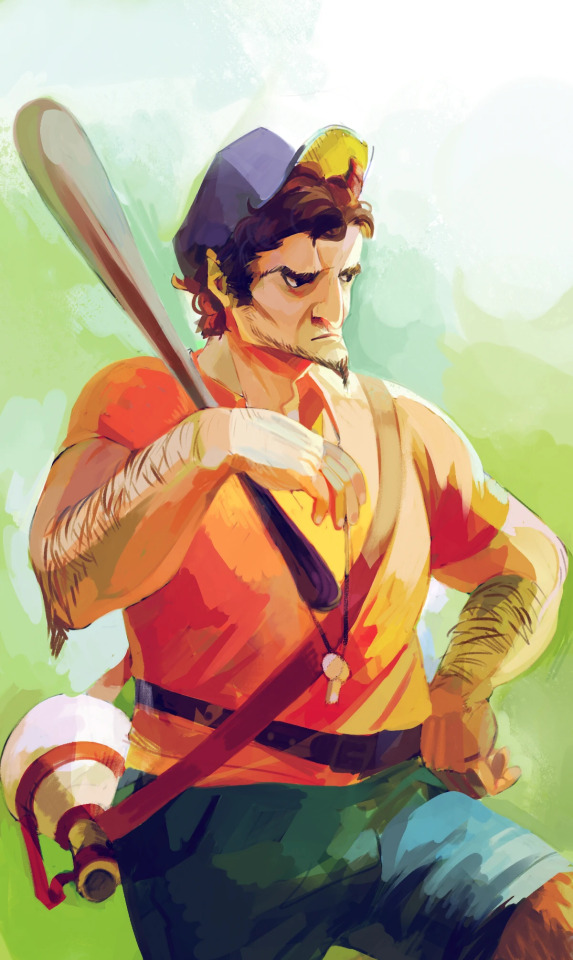
#pjo hoo toa#rick riordan#pjo fandom#pjo series#live action#pjo tv show#pjo tv adaptation#pjo tv series#coach hedge#gleeson hedge#gleeson#hedge#fancast#disney hercules#philoctetes
41 notes
·
View notes
Text
What happened with Philoctetes being abandoned was used as a plot device for his character and future events and that's why I never use it to judge Odysseus's character. There, I said it.
The reason I say this? Is because back then the greeks came to an agreement that Philoctetes was left on the island of Lemnos after getting a snake bite, and that Odysseus convinced them to leave him behind.
However, despite all the research, I can never find exactly why Odysseus decided to leave him behind. Some imply that he didn't like all the cries from Philoctetes festering wound and left him behind, in others it's implied that he was forced to leave him behind by the others, others imply that it was a plan in order to find a way to get him back eventually, others imply that Odysseus saw him as a lost cause, that he would weigh them down, etc.. It seems like no one could agree on one thing or a reason why, just that it happened and that was basically it. They weren't really focused on giving Odysseus an in depth reasoning, just that he decided to leave Lemnos behind and that story would be a suprise tool that would help them later.
We may never know Odysseus's true thought process or reasonings as to why, as it is all left to be implied and seeing as there are many versions of Odysseus throughout both greek and modern history combined with the fact that there wasn't a universally agreed upon reasoning for it, I never use it to judge Odysseus's character as it feels impossible to do so.
For me personally, if I had to take an educated guess on his thought process seeing as we don't really know what it was, Odysseus doesn't seem like the kind of guy to just go- "hah, rotting foot? Must be a skill issue lmao" before then just dipping but I don't think he would just blindly be like "Nuuuh my friendo, my bestie has an ouchy we can't leave him behind like this!" Either. Odysseus's is a very complicated man, but was neither saint nor monster either, rather being the inbetween, and that was shown a lot in stories. So I wholeheartedly feel like it probably was the same situation with what happened with the other situations like Iphigenia, Troilus, Polyxena, etc.. where the man either offhandely makes the suggestion or does the hard decisions himself for reasons either known or unknown.
That's atleast my thoughts on it, I know everyone has there own thoughts on it as well ^^ and I could be wrong but please don't beat me over the head if I am ^^", that's just what I think about it all
#seriously though poor philoctetes had to deal with that awful snake bite for years#bro is stronger than all of us combined#and that's just a fact#odysseus#the odyssey#homer's odyssey#the iliad#homer's iliad#ancient greek mythology#greek mythology#ancient greek#greek myth#greek plays#sophocles#philoctetes#iphigenia#polyxena#troilus#greek heroes#ancient greek gods#greek gods#greek stories#greek stuff#greek posts#lemnos#epic the musical#epic: the musical#epic the troy saga#epic: the troy saga#epic saga
47 notes
·
View notes
Text
Back at it again with the htas: iasip au
I thought this scene fit these two pretty well so yeah 💁🏽♀️
#idk if y'all can tell but I kinda rushed with the last few frames :^P#anyway this scene made me think about adonis and phil#I can't believe it actually goes well with their characters?#yeah these are fun to make 😄#disney hercules#hercules the animated series#adonis#my art#cakes art#source: iasip#philoctetes
46 notes
·
View notes
Text
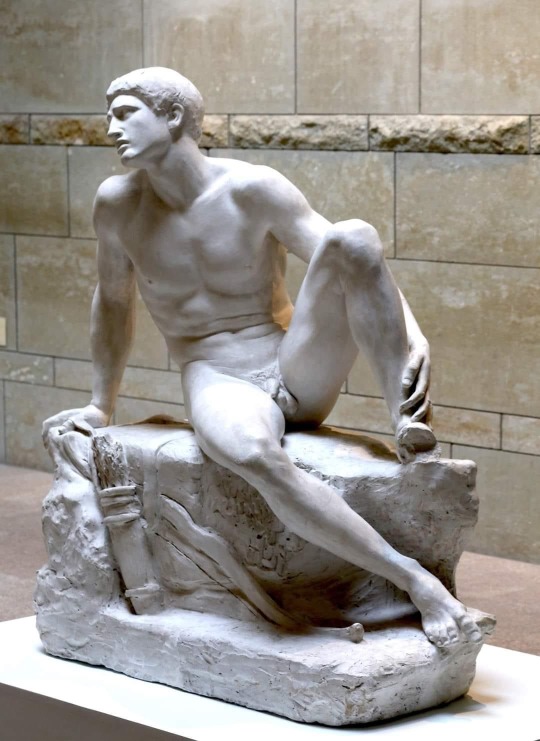
Adolph von Hildebrand, Philoctetes, 1886
18 notes
·
View notes